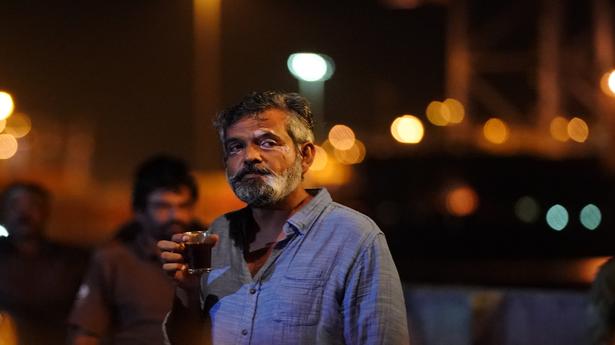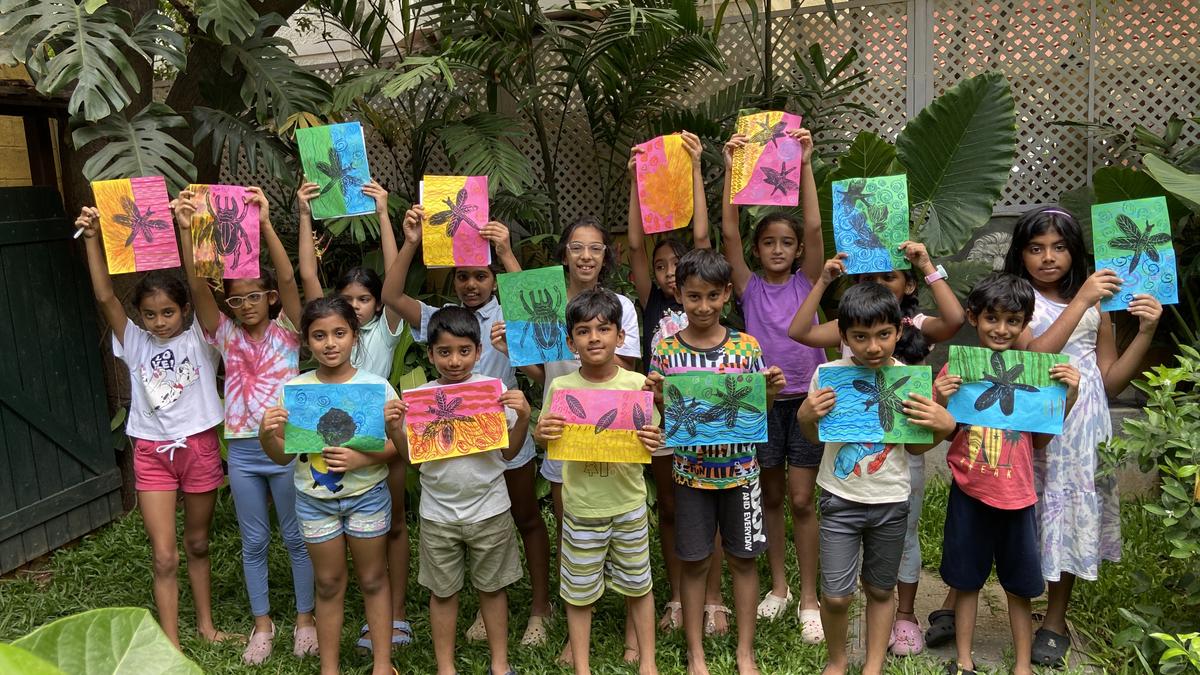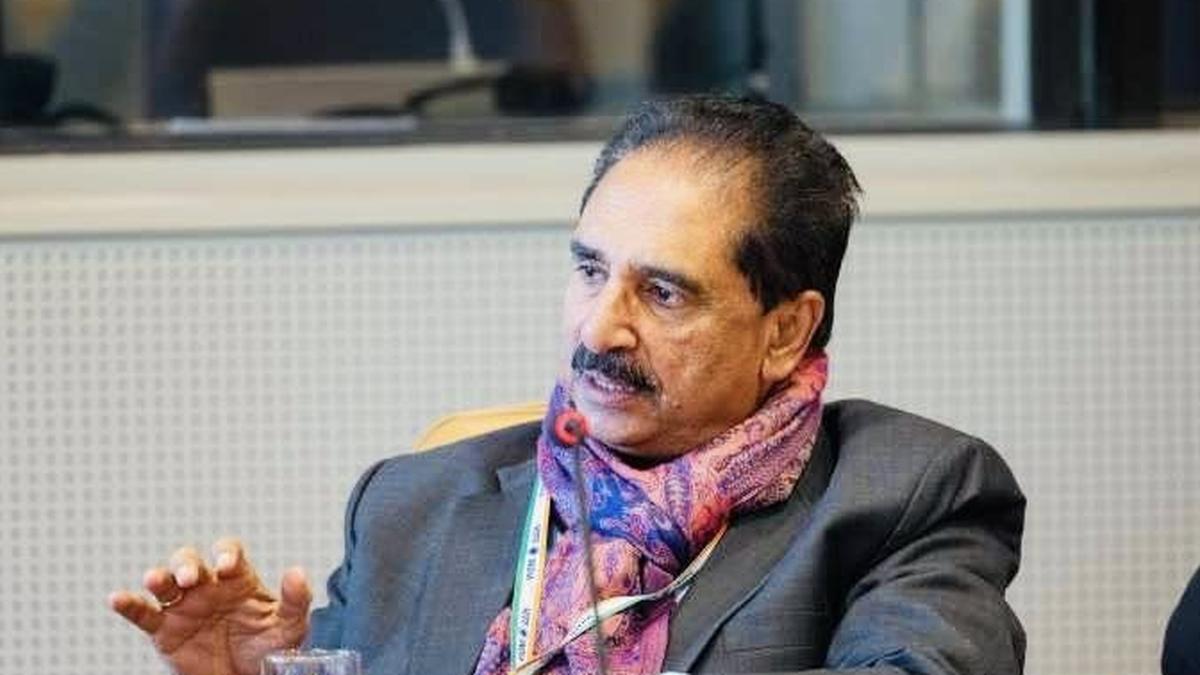Children participating in William D Pichamuthu Inclusive Chess Initiative, held in November this year
| Photo Credit: MURALI KUMAR K
When D Gukesh, 18, became the youngest world champion in chess history last week, the name Velammal chimed constantly. It was, after all, the school in Chennai where Gukesh first learnt the intricacies of the game. The Velammal group has been a thriving sanctuary for chess players, producing a whopping 22 of the 85 Indian Grandmasters to date.
Sadly, such examples are more an exception than the norm. A school education policy that incentivises sports is still far fetched, and even if present, is restricted to elite privately run institutions such as Velammal.
It is this anomaly that the William D Pichamuthu (WDP) Inclusive Chess Initiative, based out of Bengaluru is trying to correct in a small way. After hosting an open chess tournament for juniors for years now, the WDP group conducted a talent search among government high school children in 2024.
The 20-odd best players from across Bengaluru Urban district competed at a grand finale in November at the YMCA. These players will now participate at an Open tournament in January 2025 where they will test themselves against more accomplished practitioners.
BH Thilak emerged the winner
| Photo Credit:
MURALI KUMAR K
The empathy for children from the lower strata of society flows from William Pichamuthu himself who worked as a municipal school headmaster in Dobbaballapur, Sagar, Holenarsipur, K.R. Nagar and Nelamangala. Of immense support to this endeavour has been Karnataka’s K Sai Prakash, one of the earliest National junior chess champions in India, who won the title in 1972.
“Private and international schools have full-time chess coaches, but there is no one to tend to government schools,” says Sai, now 70, but still agile. He founded Erin Foundation, an NGO based in Anekal which has chess promotion among its activities, and also runs informal CSR groups having once been the CSP convener for CII Karnataka.
“At a recent chess tournament conducted by the SGFI (School Games Federation of India), out of 10 top-ranking players, only one was from a government school. We thought, given the opportunity, they may not produce grandmasters, but chess is not our business here. The idea is to use chess to develop concentration and discipline. Hopefully, these children will participate in the open tournaments and once they start winning there, they will be able to take care of themselves,” Sai adds.
BH Thilak, a class IX student at the government high school in T Dasarahalli, who emerged first in the November final, says the inclusive chess initiative has opened a new avenue for him. “No one gives us such chances,” he says. “In private schools, children are given special coaching and have their parents’ support. But in our schools, a lot of us can’t even pay the entry fees. So I am quite happy.”
Thilak (centre) with his competitors at the event
| Photo Credit:
MURALI KUMAR K
According to Reshma Nadaf, Thilak’s Physical Education teacher, the singular aim is to use a sport like chess to improve the overall standing of these children in society. “These students hail from humble backgrounds and my goal is to ensure their future has good prospects,” she says. “First, we choose children who are interested, and then form a club and chess group. Every Saturday there is a small competition.”
“If they are good at the game, those playing at the district, state and national levels can avail of the reservation for government jobs. One certificate is enough to help them with college admissions and at competitive exams. If you are good in academics and sports, you are guaranteed a job,” she adds.
According to Sai, this is just a start and he envisages a future where there will be more than a 100 chess clubs in government schools with full-time coaches and an access to chess literature for students to learn from.
“In 1981, when we conducted an international grandmaster tournament in Karnataka, all the volunteers were children aged 14 and below. I was the only adult,” he recollects. “If we train these children well, some may become good players, while others may turn organisers. The private sector is opening up and now, and there is now a chess connection to CSR which wasn’t there before. If we need ₹10,000 to start a chess club in one school, there is a chance someone may do it for five schools, we can give more children the confidence and opportunity to compete and be better.”
Published – December 21, 2024 08:48 am IST





